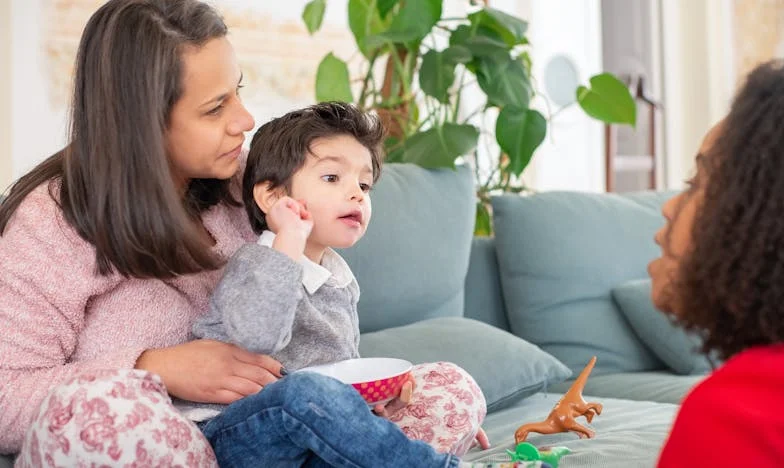“Mom Turned 70, So I Brought Her Home”: But I Soon Realized It Was a Mistake
When my mother, Victoria, turned 70 last spring, I made a decision that seemed right at the time. I decided to bring her to live with us. She had been living alone since my father passed away three years ago, and I thought it would be better for her to be surrounded by family. My husband, Philip, was supportive, and our two children, Anthony and Nova, were excited about having their grandmother around.
We prepared the guest room for her, turning it into a comfortable space where she could feel at home. The first few weeks were wonderful. Mom would tell stories from her youth, help me with the cooking, and spend countless hours in the garden, her hands deep in the soil she loved so much.
However, as the days turned into months, the initial joy began to fade, and the reality of our new living arrangement started to set in. Mom had always been fiercely independent, and adjusting to a new life under someone else’s roof was harder for her than any of us had anticipated. She started to feel like a burden, though we did everything to make her feel welcomed and needed.
Philip’s job as a civil engineer meant he was often away on site for days, sometimes weeks at a time. His absence was hard on all of us, but it was particularly tough on Mom. She missed the lively discussions they used to have over dinner about politics and history, two of her favorite subjects.
As time went on, tensions began to build. Mom started to critique how I was raising Anthony and Nova, from their diet to their screen time. Every small disagreement we had seemed to escalate into a major argument. The atmosphere at home became increasingly strained. I found myself caught between my role as a daughter and as a mother, trying to please everyone but feeling like I was failing everyone instead.
One evening, things came to a head. After a particularly heated argument about how late Nova should be allowed to stay up, Mom declared that she couldn’t live like this anymore. She felt she had lost her autonomy, her space, her peace of mind. “I need to be in my own place, where I can make my own rules,” she said, tears streaming down her face.
The next week, we helped her move into a nearby senior living community. It was a beautiful place, with lots of activities and people her age, but the guilt of not being able to keep her at home with us was overwhelming. The children were confused and saddened by their grandmother’s sudden departure. Philip tried to reassure me that it was for the best, but the pain of our decision hung heavy in the air.
Looking back, I realize that our mistake was not in bringing her to live with us, but in not discussing what that change would mean for all of us. We had acted out of love, but love, I learned, wasn’t always enough.
